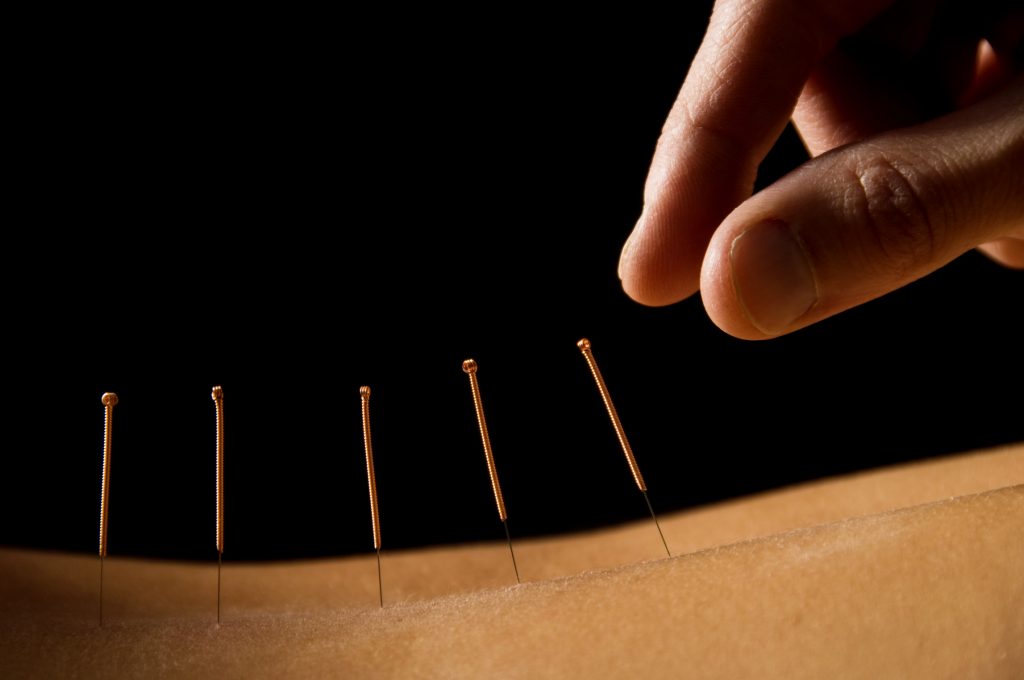Units 10 & 11 Horizon Business Village
1 Brooklands Road, Weybridge, Surrey. KT13 0TJ.8am - 6pm Weekdays
8am - 1pm SaturdaysNo painkillers recommended in NICE guidelines for chronic pain

No painkillers recommended in NICE guidelines for chronic pain
The NICE guidelines on chronic pain NG193 were published in April 2021 and may have left you scratching your head. That is because they do not recommend any painkillers. That means no paracetamol, NSAIDs (e.g. ibuprofen, naproxen) or opioids (e.g. codeine, morphine).
To understand why, you need to understand the phenomenon of chronic pain and how NICE makes its recommendations.
Chronic pain is any pain that has lasted 3 months or more. It does not include acute pain that lasts hours, days or a few weeks. Therefore you can still take painkillers for your headache and sprained ankle, for example. Pain in these cases is a symptom of the underlying problem and when that heals then you can stop your painkillers. Chronic pain is a much more complicated phenomenon and should be seen as a chronic disease that affects not only a particular body part but the whole person including their nervous system and mood.
NICE makes its recommendations based on hard evidence. That means they found absolutely no scientific evidence that showed painkillers were effective in treating chronic pain. In fact, there were numerous studies showing evidence of harm from painkillers including addiction and deaths from opioids such as morphine.
What did NICE recommend?
NICE recommended the following treatments for chronic pain:
- Exercise programmes and physical activity
- Psychological therapies such as Cognitive Behavioural Therapy and Acceptance and Commitment Therapy
- Antidepressants
- Acupuncture

Not much has changed
Since the chronic pain guidelines came out 8 months ago medical practice has not changed. That is not surprising since we are in the middle of a global pandemic and the health service has other more pressing issues. However, the NICE guidelines on chronic pain also lay bare the limitations of the current medical system.
Appointments with doctors are difficult to get and are brief when they do manage to get one. Chronic pain is a complex problem and takes time to solve, not 10 minutes that the government gives for a GP consultation. Painkillers are not allowed so what do doctors do. They are only armed with a prescription pad and an exercise sheet that they can print off for patients. They can prescribe antidepressants but many patients are resistant to this approach as they fear that their doctor thinks it is all in their head.
Physiotherapy waiting times are long and done increasingly by telephone or video that patients do not trust. Patients fear movement because it can make their pain worse so are less likely to engage in it. The result is that they become more disabled and their pain becomes worse.
Specialist appointments are even longer and even less likely to result in any successful treatment. However, specialists do an important job in organising tests and scans that a GP does not have access to in order to rule out serious causes of pain. What they rarely offer is cure which is what patients expect from them.
The psychological services have long waiting times that are even longer now during the pandemic as people try to cope with the psychological consequences. To make matters worse, few psychologists specialise in pain psychology. Numerous pain management services across the UK do not even have a pain psychologist so there is essentially zero access to CBT and ACT that NICE have recommended.
That leaves acupuncture. The majority of medical professionals have a strong bias against acupuncture despite strong evidence of its efficacy. That is despite that fact the NICE applied its same rigor to the evidence base. The medical profession are arrogantly continuing to ignore it despite offering ineffectual, non-evidence based therapies themselves for decades. Even if they do overcome their bias there is no way to offer acupuncture under current NHS provisions. As current President of the British Medical Acupuncture Society I have a bias towards acupuncture, We have done our best to give guidance on how best to introduce acupuncture services in the NHS to commissioners.
Where does that leave patients?
Chronic pain is best treated using a holistic framework instead of a hope of cure by a particular medicine or procedure. Patients should co-ordinate their care from a clinician specialising in pain management. They should avoid all habit-forming drugs which do more long-term harm than good. There are many facets of a person’s life that contribute to them suffering from chronic pain and these should each be addressed. Take a look at this video:
Fees
Location:
Book an Appointment
Telephone: 01932 504999


